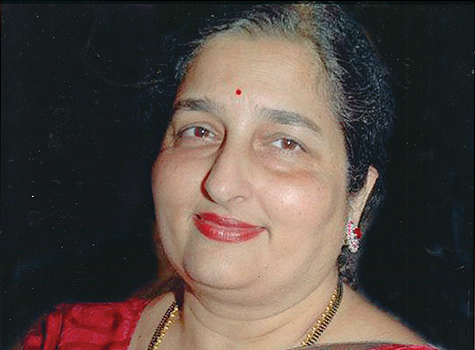We all have to retire someday, at least from our full-time jobs and then contemplate what we should be doing about the rest of our lives. We have our dreams and imaginations as to what the retirement life is going to be. Relaxing and doing nothing is always there at the back of the mind. Then, of course, there is our spouse who has his/her own ideas as to what it should be. Generally, the two concepts don’t coincide too well (have you heard of John Gray’s book: Men are from Mars and Women are from Venus). It will be a lucky couple that has thought this out together, not only conceptually but also financially as to how they are going to make it work. Also we all need to be cognizant of the fact that if we retire at 65 there are at least 20 to 30 years ahead of us. I hear comments from many clients about this and I have put together a glossary of what surprises the retirees the most.
Travel is not cheap
Every retiree has this dream of traveling and is the forerunner for life after retirement. Whether it is for pleasure or for learning about other cultures and histories, it looms high in every mind. But funding such trips is another story. Such trips could cost lot of money and that chunk for travel has to be supported long before the retirement becomes reality. Planned on your own or through help from the travel agencies, depending on the details of the plan, expect on setting aside $3,000 to $12,000 per couple for two weeks’ excursion (2015). If such trips are arranged every year it adds up and that kind of allocation has to be planned for.
Medicare does not cover everything
We carry this subconscious impression that at age 65 Medicare will take care of all our health needs. It does not. Part A is free and takes care of only approved hospital stays, for surgery or otherwise, and part B and D, for which we have to pay premiums, would accommodate the routine stuff and prescriptions, most but not all. It is highly recommended that we all should have supplemental insurance. There has to be premium provision for both Medicare and supplemental insurance in your budgets and more for out-of-pocket expenses.
Paying off your mortgage pays off
Income stream gets limited and finite in retirement. Hence any known major expenses like mortgage payment should be avoided; in other words, pay off the mortgage fully before retirement. If that is not possible then it has to be accounted for in your retirement planning. Mortgages are 30-year loans and banks are the biggest beneficiaries from that if you take full 30 years to pay off the mortgage. Overall, we pay 2 or 3 times in interest payment than what your total principal payment would be. Fortunately, most of the Indian community has that mindset already (Asians and Europeans too) probably because they are averse to carrying such a loan; also perhaps, because it creates a mental anxiety about being in debt.
Taxes can get more complicated
That almost seems like an oxymoron statement. How can taxes be more complicated in retirement? Generally, during the period of working life, taxes go up because the income grows, dual income steps in, moves from job to job etc., and in retirement it all goes away. But new considerations come in the picture. Now withdrawals from IRAs and 401Ks, RMDs, stock dispositions and hence capital gain taxes, rental properties and many other investments become prominent. The period between your age of 59.5 and 70.5 is critical to decide when to withdraw incomes and how to minimize the income taxes legally during that period and beyond. A shrieking cry of desperation is not that uncommon when people find out that they have to do minimal withdrawal (RMDs) and their taxes are going up substantially higher because their income tax bracket changes. It can affect Medicare premiums, too. Taxes can get complicated if not planned for from the beginning.
Investment risk can lose its allure
When we are young, our investments are all for the long-term and we are investing in somewhat risky but still wise investments, which give good returns and growth. The horizon for needing that money is far and just barely visible. We can take risks then, not only because it is longer investment but also because we can recover from the mistakes.
Things change in retirement. Our health and our time are very finite, say 20/30 years as I mentioned earlier. We cannot take as much risk as we did before. Income stream is important and we are dependent on that. The whole risk tolerance picture does an about face and we start looking at it differently.
It is difficult to shift from saving to spending
Throughout the working life, we are saving and saving and saving (at least I hope so). It is meant not only for the rainy day but also for the retirement days when there is no income from daily work and yet we need to live comfortably, just like we did before when we were still working. Now the “drawdown” begins and we are spending what we saved in the past to support ourselves for the next 20/30 years. Great concept but it is hard to put it in practice. There is, to be sure, some income coming in every month, of course, including Social Security, interests and dividends. But generally it is not enough and we dip into our savings to support ourselves.
Next month we will be reviewing more such issues in Part II. Some examples would be adjustment to retired life, couples begin to grow annoyed with each other, dilemma of current home, time becomes the most precious currency and more.



